11 Essential Emergency Supplies You Need to Have on Hand to Be Prepared for Anything, Pros Say
Drifting smoke from Canadian wildfires has people concerned.
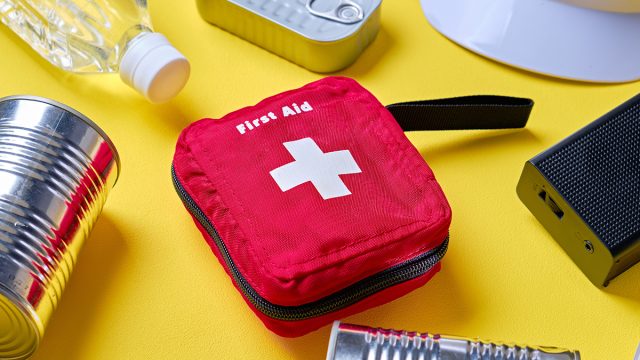
Drifting smoke from Canadian wildfires led to unprecedented levels of air pollution across the U.S. northwest last week, turning skies a totally unfamiliar hazy orange but causing many East Coasters to find themselves in a familiar position: Stuck indoors, wondering if they had adequate supplies and could have done a better job of preparing for an emergency. Luckily, the air advisory lifted after a few days, and it never caused a major disruption to services. But it likely won’t be the last, or most severe, unexpected emergency to occur in the near future. So what should you do to prepare in the event of, say, an extended power outage or a natural disaster? These are 11 essential emergency supplies you should have on hand to be ready for anything, as recommended by experts. They come with a bonus item: Your peace of mind.
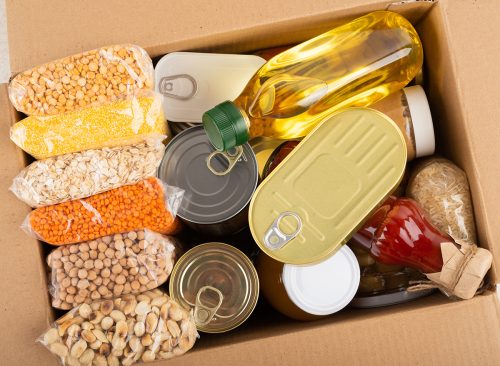
According to the Federal Emergency Management Agency, the most essential part of an emergency kit is several days’ worth of food and water for you, your family, and your pets. FEMA recommends having several days of non-perishable food, and one gallon of water per person, per day, for drinking and sanitation. The American Red Cross suggests having a three-day supply of both food and water in the event of an evacuation, and a two-week supply in case you’re confined to your home. Several varieties of large-quantity water jugs and barrels are available online.
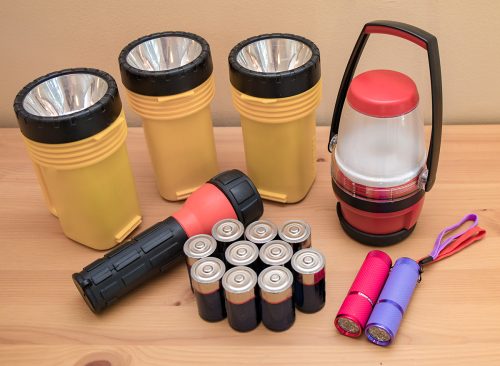
“If your power is out and you have no way to charge your phone, you might need to rely on a flashlight to get around at night,” says FEMA. Wirecutter recently published a roundup of its recommended flashlights for 2023. While you’re stocking up on batteries for flashlights, make sure you have an extra stash for other necessary devices such as radios, and be mindful of expiration dates.
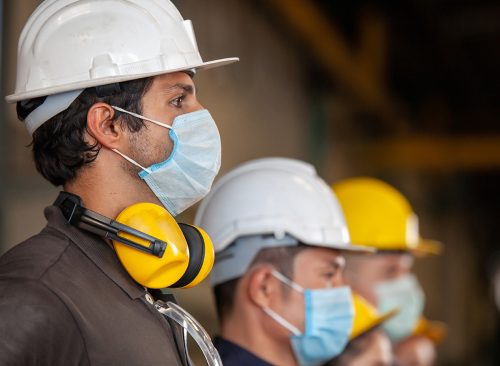
“Depending on the emergency, you may need a mask to help protect you against contaminated air,” says FEMA. During the recent air-quality advisory, experts recommended wearing a high-quality mask (N95, KN95, or KF94) outside to protect the lungs against harmful particulates. It’s a good idea to keep a supply on hand, even though the COVID pandemic has abated.
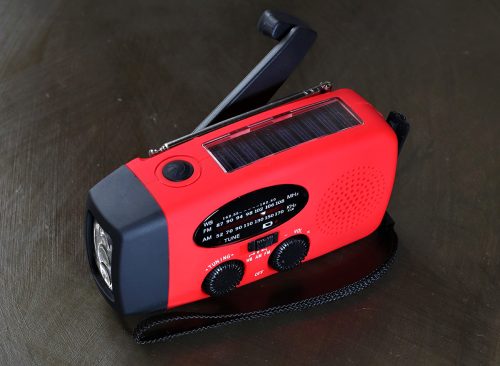
A radio will help you receive updates and instructions after any natural disaster. A NOAA-certified weather radio is your best bet. There are several expert roundups of good emergency radios online; many can pull double duty as a power port for cellphones and can recharge through hand-cranking. The American Red Cross has its own branded model, the Eton FRX3+, which does both.
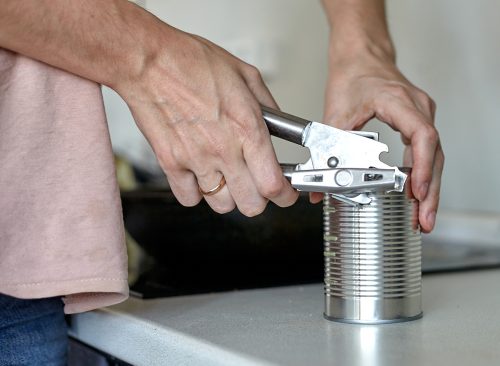
A no-brainer of an item that many of us have been caught without when camping or on a road trip. “Your emergency kit is probably made up of canned food, which lasts for a long time. If you don’t have power, you’ll need a way to open these cans,” says FEMA.
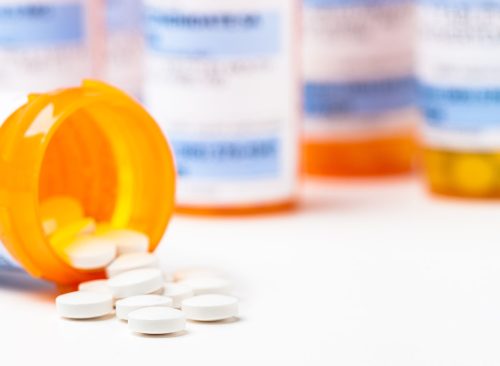
The recent air-quality issue underlined the importance of always having a seven-day supply of your essential medications at hand (the Red Cross’s official recommendation): People with asthma or other respiratory issues might have found themselves at home last week with just a few puffs left on an inhaler or an empty anti-inflammatory prescription. It’s a good idea to be proactive with prescriptions and ensure you’re never left short; many pharmacies offer auto-refill and delivery services to make that easier.
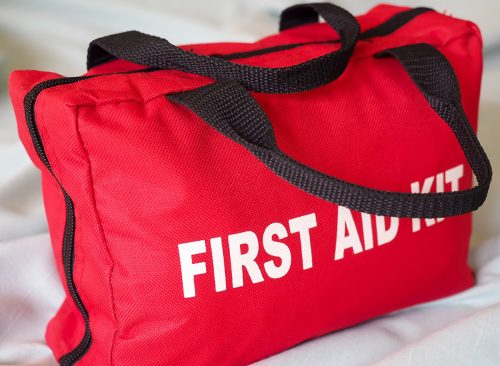
Emergencies come in all forms and sizes, and you might need to provide a variety of first aid to people in or near your home. So having a solid first aid kit, and keeping it stocked, is essential. (Basic first aid and CPR training—which you can take in-person or online from the Red Cross, and receive certification—are a good idea too.)
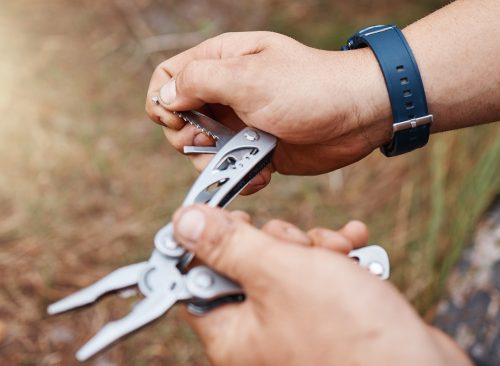
Multi-purpose emergency tools include a variety of attachments that can helpful in the event of an emergency, from a saw blade to a glass breaker. A wrench or pliers are particularly important, in case you need to turn off utilities.
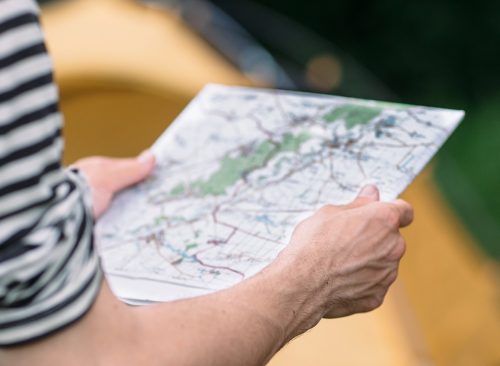
We’ve become used to online maps and GPS always being there. In an emergency, they might go dark. In the event that the internet and/or electricity goes out, you might need a paper map to help navigate to safety. A waterproof case—a staple of sailors and canoeists—is a smart addition too.
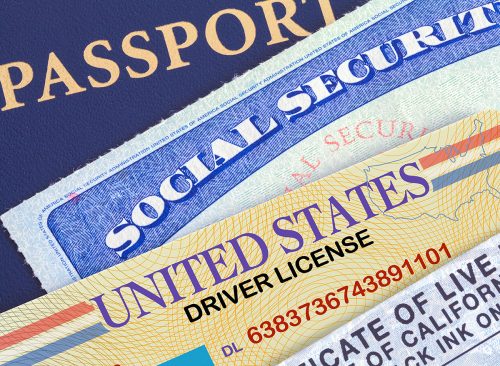
We’re used to storing everything on our phones, but there are some physical documents and copies you should have in your emergency kit, according to the Red Cross. They include a list of your medications, medical information, proof of your address, the deed or lease to your home, passports, birth certificates, and insurance policies.
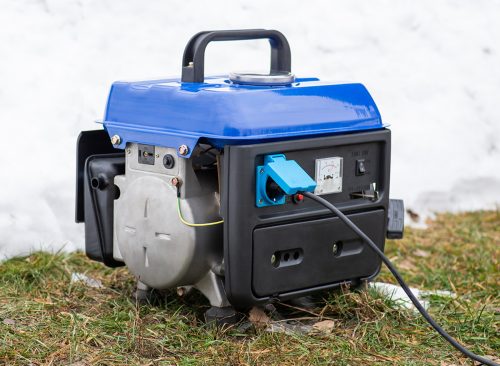
In a climate in which extreme storms are becoming more common, so is the chance you might lose electrical power. Depending on its size, a portable generator can do everything from keeping your lights on to keeping you connected to the world by topping up your laptop and cellphone. The days of shuddering, noisy, gas-powered generators are long past—a variety of options are available even for apartment dwellers and campers. Wirecutter recently published its list of the best portable generators, but depending on your needs, quality backup power stations can be had for just a few hundred dollars.














